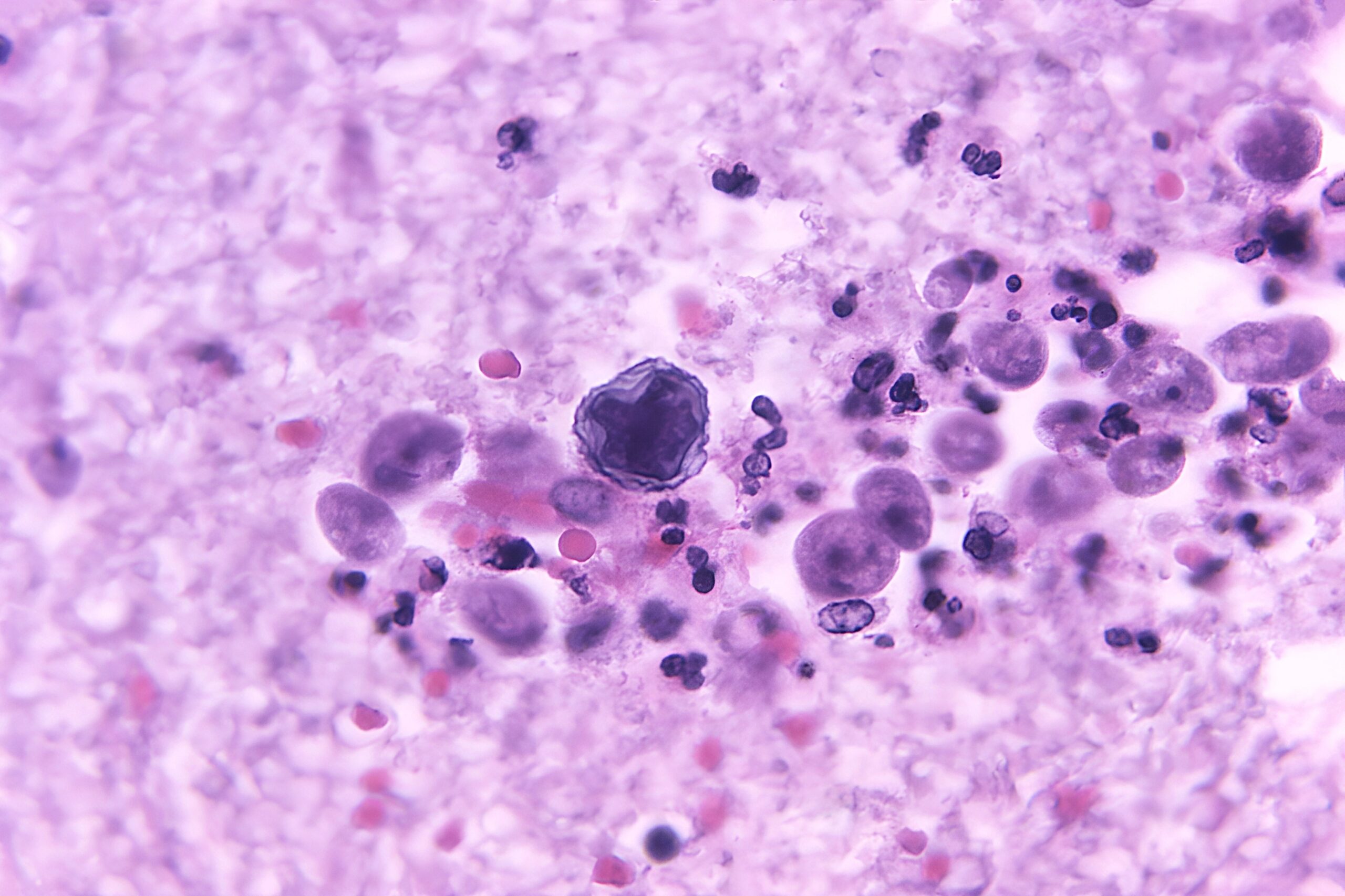South Carolina, Columbia According to People Magazine, twelve-year-old Jaysen Carr passed away last week after swimming in Columbia, South Carolina’s Lake Murray on July 18 and catching a rare but deadly bacterium called Naegleria fowleri. This was the first instance the state has seen since 2016.
According to WYFF 4 in Greenville, South Carolina, the Carr family said in a statement released Thursday that they have contacted local lawyer Tyler Bailey to launch an independent investigation into the untimely death of the Hand Middle School student.
In a statement to WYFF, Bailey said that although Jaysen’s family is grieving this unimaginable loss, they are also appreciative of the community’s overwhelming love and support. The family wants to do all within their power to prevent this from happening to another family since they have a lot of questions regarding how and why Jaysen died.
According to ABC 4 News, Carr’s celebration of life will take place on Saturday afternoon.
According to the Centers for Disease Control and Prevention, Naegleria fowleri lives in soil and warm freshwater lakes, rivers, ponds, and hot springs. In the rarest instances, it has also been discovered in splash pads and swimming pools that are not properly maintained.
When water enters the nose forcefully when swimming or diving, the amoeba enters the body through the nasal passages. Primary amebic meningoencephalitis (PAM), which manifests as fever, headache, nausea, stiff neck, seizures, and hallucinations, is the result of it entering the brain. Additionally, others stated that it quickly advances to a coma and death within days. No known remedy exists.
Although survival is still very uncommon, the CDC advised anybody who experiences these symptoms after swimming in warm freshwater or using non-sterile water for nasal rinses to get medical help very once.
According to the CDC, preventing sediment stirring, holding your nose, keeping your head above water, and wearing nose clips are all preventive strategies.
The CDC dispels a number of myths regarding the amoeba’s mode of transmission. Health professionals state that you cannot or are unlikely to become infected by:
-
Drinking contaminated water (wrong)
-
Showering or bathing (unless water is forcibly inhaled up your nose. Low risk)
-
Swimming in the ocean or chlorinated pools (unlikely)
-
Being around someone who is infected (impossible)
-
Eating fish or food from lakes (incorrect)
-
Pets transmitting the amoeba (no evidence)
-
Washing hands, brushing teeth and showering with tap water are not risky unless water goes deep into the nose under pressure.
Stories by
Kaylee Remington
-
Adult comedy creators break silence after controversial episode
-
Storms, flash flooding possible in Northeast Ohio; heat to follow
-
DOJ sues major U.S. city over policies it says are risking lives
-
Country-rap star gains upper hand in custody battle over daughter
-
Wendy s serving spooky combo meal for Netflix show release
AI was used to help produce this narrative.






